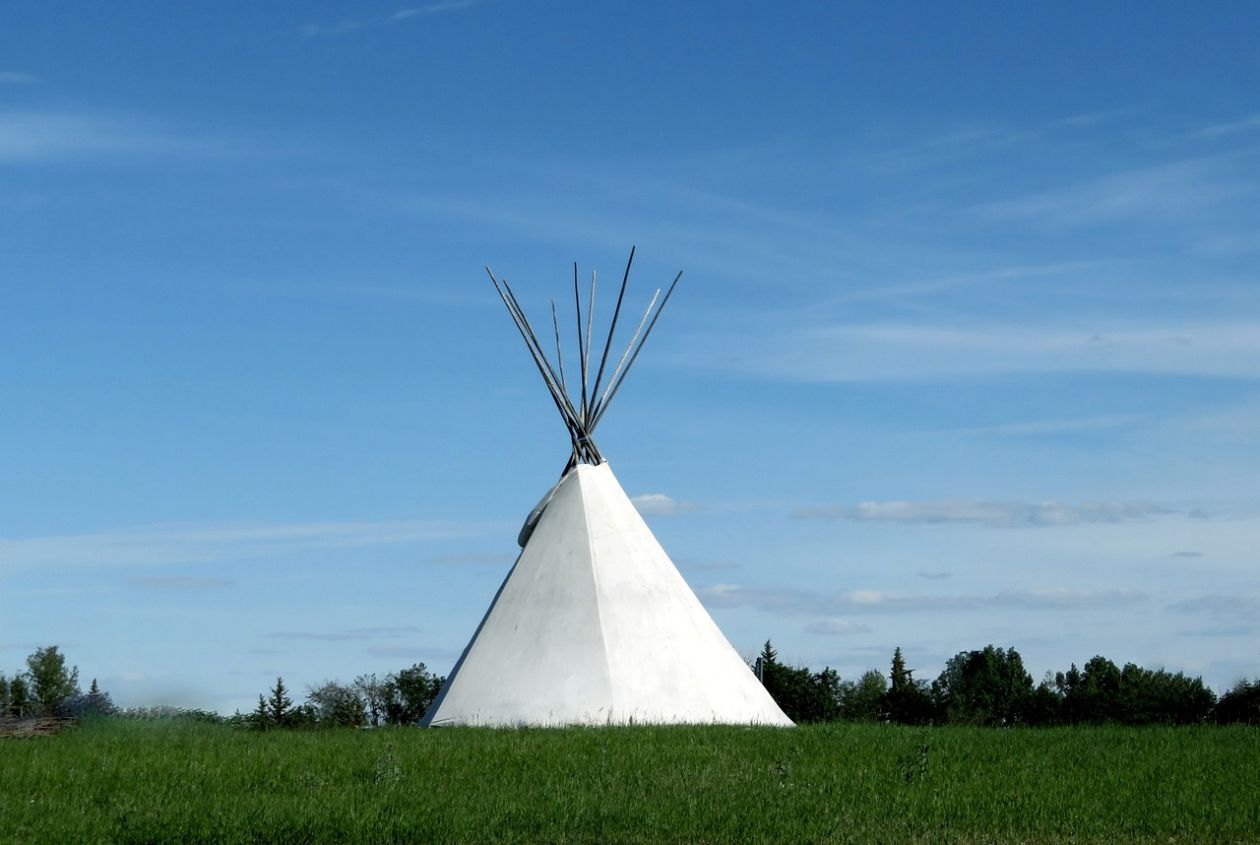
This seminar will examine the concepts and reality of incarceration for Indigenous people in Canada and the role of writing. We will consider a variety of literary strategies that authors have adopted to tell their stories of incarceration with the end goal of confronting and destroying colonialism. The texts for this seminar may include memoir, biography, fiction, and poetry, as well as a selection of critical writing, histories and journalism, which serve to open the literature to analysis. Our focus will necessarily connect to related themes such as diaspora, racism, residential schools, violence, self-determination, and empowerment.
According to a 2016 investigative report by Macleans magazine, the asymmetrical jailing of the Indigenous population in Canada now exceeds the jailing of African-Americans in the USA. In fact, there are now more Indigenous people incarcerated across the country than there were Blacks jailed at the height of the apartheid in South Africa. While statistics may surprise the majority of Canadians, incarceration for Indigenous peoples comes as no surprise and extends back to European contact. How is incarceration connected to the history and colonization of Indigenous peoples, and what insight can literature give us into this experience? Our examination will necessarily lead us to consider writing by Indigenous authors as a vital form of cultural expression. In his Foreword to Red Skin White Masks, Mohawk scholar Taiaiake Alfred says, “Native writers... are trying to explain to settlers that their values and the true facts of their existence are at great odds and that the Native can never be completely erased or totally assimilated. This new Indigenous Intelligentsia is trying to get settlers to understand that colonialism must and will be confronted and destroyed.”
Readings
TBA.
